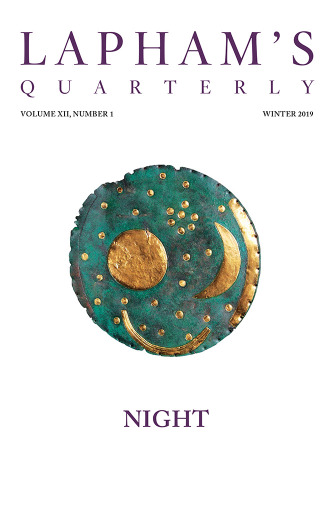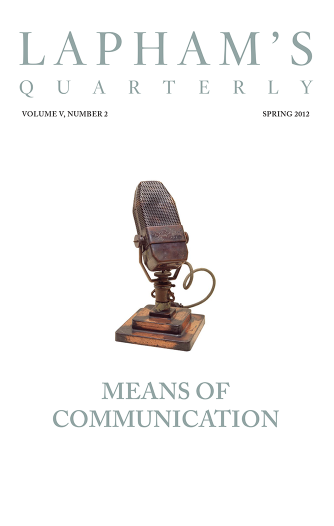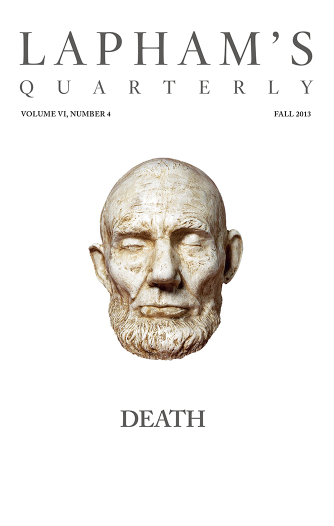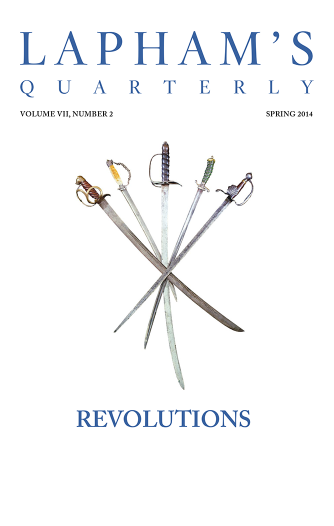
Aeschylus
(c. 525 BC - 456 BC)
Aeschylus began competing in Athens’ Great Dionysia dramatic festival in 499 bc but did not win his first victory until 484 bc. In the intervening years, the playwright fought in the Battle of Marathon and possibly the battles of Salamis and Plataea. He is believed to have written over eighty plays; seven complete tragedies survive, among them his Oresteia trilogy. The epitaph he purportedly composed for himself reads, “The grove of Marathon with its glories can speak of his valor in battle. The long-haired Persian remembers and can speak of it too.” He has been called the Father of Tragedy.








